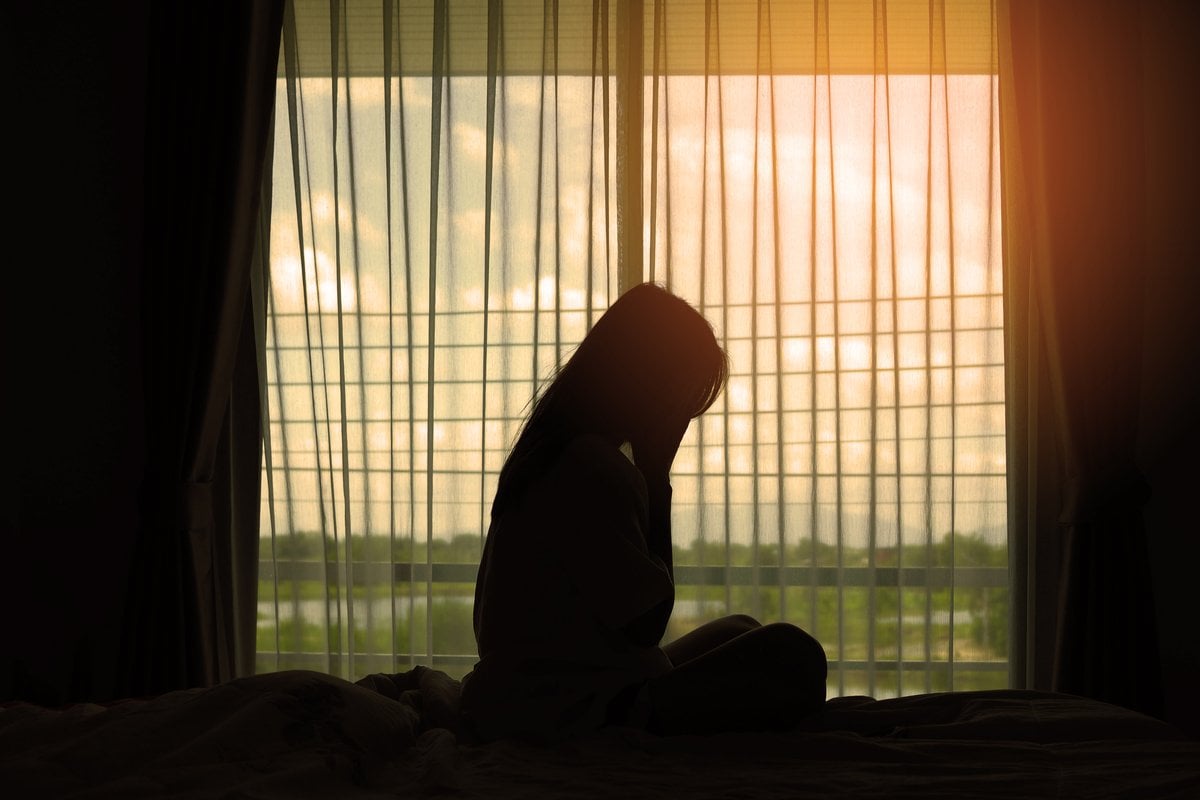
This story discusses sexual assault and may be triggering for some readers.
When my son was a newborn, a friend complained about her toddler waking her up a 4am. I was sleeping in two to three-hour stints, and I remember thinking, ‘I would kill to sleep all the way through to 4am’. It was all about perspective.
I’ve had that same feeling again this past fortnight, with the national conversation about rapes connected to our parliament. I don’t want to discount our collective response here - we’re shocked, we’re confronted, we’re disgusted. But it’s additionally painful when you’ve experienced sexual assault yourself.
I was raped when I was 16, with similarities to both the situation of former political staffer Brittany Higgins and the unnamed woman with a historic rape claim against Attorney General Christian Porter.
Watch: Grace Tame on the power of abuse survivors' stories. Post continues below.
At the moment, news and commentary about rape is everywhere; you can’t avoid it if you wanted to - and I wanted to.
Initially, I disengaged. I didn’t click on links in my newsfeed, I ignored alerts from family WhatsApp group discussions.
But soon a morbid curiosity got the better of me. Like an infected wound. You know you shouldn’t touch it but sometimes you’re tempted to, just to see if it still hurts. It does.
Conversations are harder. Almost like you’re watching yourself from somewhere outside of your own head, reminding yourself to stay cool and participate.

Top Comments